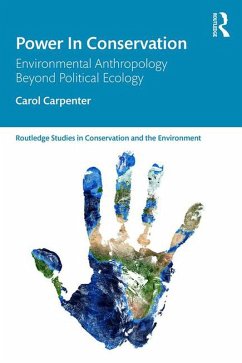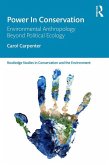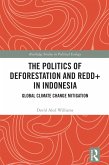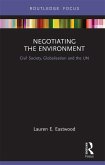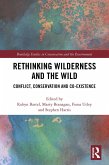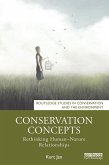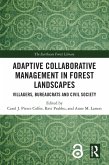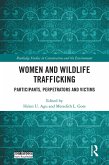Conservation thought and practice is power laden-conservation thought is powerfully shaped by the history of ideas of nature and its relation to people, and conservation interventions govern and affect peoples and ecologies. This book argues that being able to think deeply, particularly about power, improves conservation policy-making and practice. Political ecology is by far the most well-known and well-published approach to thinking about power in conservation. This book analyzes the relatively neglected but robust anthropology of conservation literature on politics and power outside political ecology, especially literature rooted in Foucault. It is intended to make four of Foucault's concepts of power accessible, concepts that are most used in the anthropology of conservation: the power of discourses, discipline and governmentality, subject formation, and neoliberal governmentality. The important ethnographic literature that these concepts have stimulated is also examined. Together, theory and ethnography underpin our emerging understanding of a new, Anthropocene-shaped world.
This book will be of great interest to students and scholars of conservation, environmental anthropology, and political ecology, as well as conservation practitioners and policy-makers.
Dieser Download kann aus rechtlichen Gründen nur mit Rechnungsadresse in A, B, BG, CY, CZ, D, DK, EW, E, FIN, F, GR, HR, H, IRL, I, LT, L, LR, M, NL, PL, P, R, S, SLO, SK ausgeliefert werden.
"In this bold, workmanlike and approachable overview of the anthropological literature, Carol Carpenter engages with the theoreticians and significant ethnographic studies that underpin our emerging understanding of a new Anthropocene-shaped world. It is Foucault and his interpreters who dominate this new synthesis, and nuanced ethnographic accounts that show us the links between power and knowledge, sovereignty and governmentality, and which take us beyond the paradigm of 'political ecology'. A magnificent synthesis." - Roy Ellen, Centre of Biocultural Diversity, University of Kent, UK
"Carol Carpenter provides a clear and usable - but not simplified - theoretical tool kit for understanding power in conservation, and explains why a fine-grained, ethnographic attention to the workings of power is essential for effective conservation practice. Her rigor is impressive, and the implications of her analysis are profound. A masterful contribution." - Tania Li, Professor of Anthropology, University of Toronto, Canada

